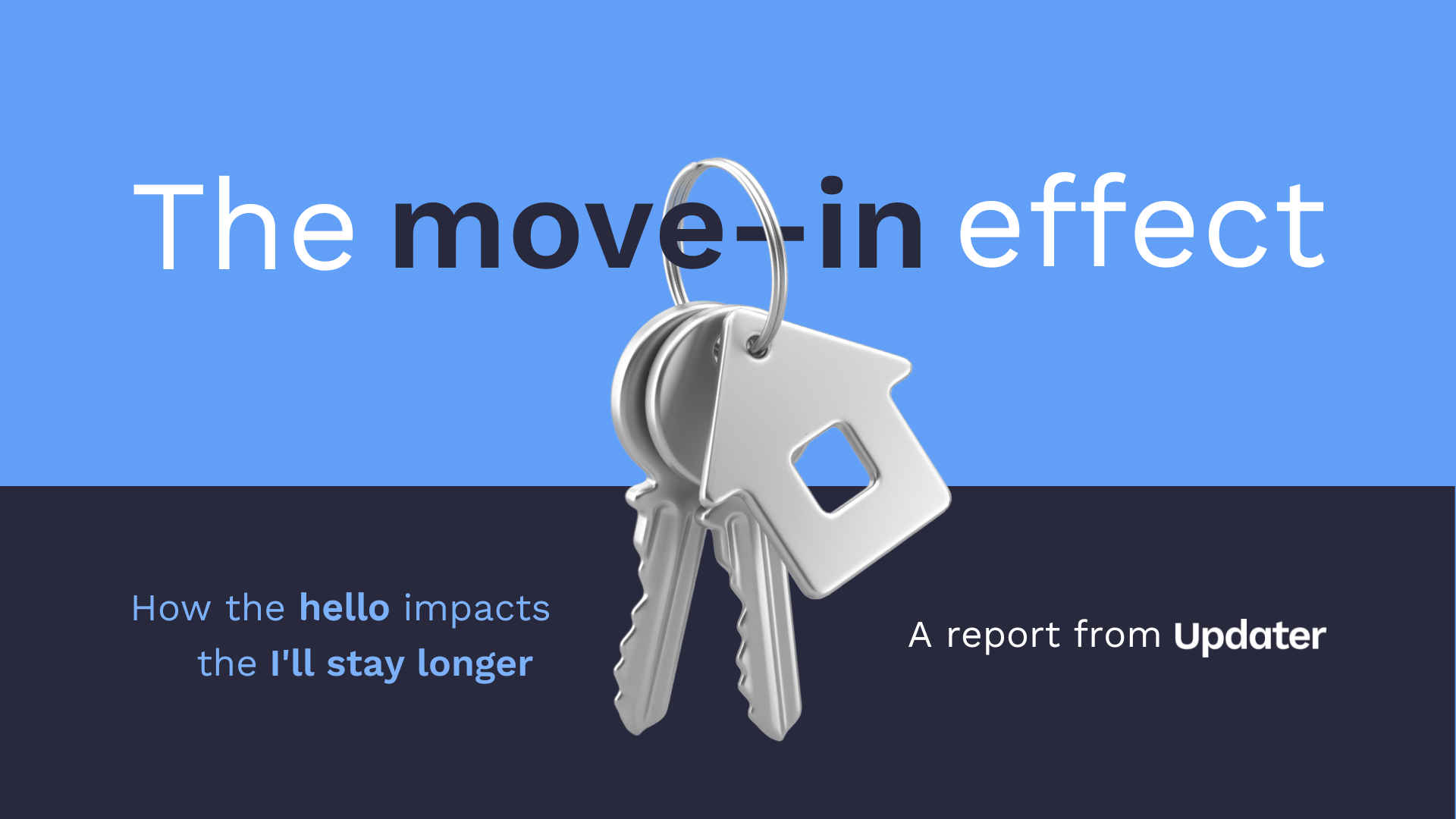Handling Difficult Real Estate Clients: Tricks of the Trade

The most successful real estate agents and brokers thrive under the pressure of a challenging client. When a difficult client poses a problem, an agent’s response needs to be well thought out and tactful. Ultimately, top-notch agents and brokers know how to identify underlying problems and make the decisions that best move the situation forward.
No two clients (whether difficult or not) are exactly alike. Agents must have a strategy to identify and address their clients’ concerns in real-time. To help jumpstart your strategy, we’ve identified some challenging client characteristics and how to best address them. Here are five types of difficult real estate clients and a few tricks for how to handle them.
1. The first-time homebuyer
Who they are:
The first-time buyer will require the most guidance when buying a home. Depending on the type of person, they’ll either follow your lead or text you for advice at 3:00 am. They’re likely to make a few mistakes along the way, but if you help them today you’ll have a repeat client going forward. Not to mention a slew of word-of-mouth referrals!
The issue:
With a first-time homebuyer, there’s a vast array of possible scenarios that can emerge. Setting their sights on properties that are too pricey, not taking into account closing costs, or neglecting to factor in school districts, are just a few of the difficulties that you might encounter with this type of client.
How to help them:
Unless first-time homebuyers have done a ton of research, they’re probably a little overwhelmed, and perhaps a bit lost in the process. So how can you help? The more organized they are, the more confident they’ll be in the process, and ultimately the less scattered. First, make sure that your clients clearly outline what their priorities are. Talk about their to-do lists, including finding movers and changing their address. Then, write them down! Think of it as an informal contract between your two parties. Make sure they understand what you’ve agreed upon. Everything else is just noise.
Next, outline what the process will look like — how many homes you anticipate showing them and what the chances are that they’ll find everything they’re looking for in their first home. Above all, remind them that although you might not be able to find them their dream home in their price range, you will be able to find them their perfect starter home. Yes, they might be disappointed at first, but be patient. A little empathy goes a long way with first-time buyers.

2. The big dreams, little wallet client
Who they are:
This client knows exactly what they want. The only problem is, it’s way outside their price range.
The issue:
These clients might have difficulty accepting the reality of their budget and won’t be able to help themselves from considering homes they can’t afford. Suit up, because they’re going to need you to be the voice of reason and provide a little tough love.
How to help them:
Dreaming big is never a bad thing. Heck, this country was founded because of a few people who decided to dream really really big. On the other hand, clients need to remain realistic when comparing their options. Similar to first-time homebuyers, narrow down your client’s wish-list to a must-have list. Though your client will need to make some compromises based on their list, this isn’t their first rodeo. That means they’ve been through this before, so you’re allowed to be blunt and give it to them straight. More than likely, they know what they’re able to afford and what they aren’t and might just be indulging a bit of lofty ambition. Keep them focused and call them out when they’re meandering down an unaffordable path. Just be sure to highlight the potential of homes that they can actually afford.
3. The reality TV addict
Who they are:
This client has seen every episode of every HGTV show and won’t hear a word about “scripted TV.” They know exactly what’s next in the home-buying process the moment walk through the door. Though they’re high energy, they’re also easily disenchanted.
The issue:
This client may be attempting to rush through the home-buying decision, convinced that they know exactly what’s next in the process. Though their “knowledge” and enthusiasm can be helpful and appreciated by agents, what they perceive as their expertise can ultimately get in the way of you doing your job of finding them the best possible home.
How to help them:
If a client is excited about buying a home, it’s important to support their enthusiasm. You should be both the facilitator and the authority on the timeline of events. Set the pace you’re most comfortable with and assert your expertise when necessary. When your job is finished, they’re free to take over. Up until that point, however, lead them through the process on your terms. Even if they see you as a stickler, when they’re handed the keys to their perfect home, all they’ll remember is the feeling of those keys in their hand.

4. The thrifty-to-a-fault client
Who they are:
This client will make unrealistically low offers that can ruin their chances of being seen as a serious buyer. The prospect of getting a good deal overshadows their ability to be an effective negotiator. This client may be frugal or simply too unsure about a property to make a serious offer.
The issue:
There might be a few different issues going on here. To begin with, your client may think making a low offer is an effective strategy to get a better deal — even if you disagree. This mentality could stem from either a lack of understanding regarding negotiating or a lack of trust in your opinion. On the other hand, a low offer can also be a sign that the client isn’t seriously considering purchasing the home. Either way, they’ll be wasting their time (and yours) by low-balling their offers.
How to help them:
While opening with a conservative offer can be an effective negotiating tactic, it should be well-researched and agreed upon by your client and you. Otherwise, it’s a pointless maneuver. If your client isn’t ready to commit to a serious offer, discuss their hesitation and decide if making an offer is realistic. If they’re uncomfortable with the asking price it may be more productive looking for a similar home in a different neighborhood. Above all, keep them excited about the prospects they do have and explain why they’re worth exploring.
5. The “Me, Me, Me!” client
Who they are:
This client is laser-focused and action-oriented. They may not realize that you have other clients or will act like you don’t.
The issue:
When a client doesn’t give you space to work, they will ultimately lose out on your service. This type of client will continually follow-up through text, email, and voicemail before you’ve had a chance to assess the situation. Their eagerness can become an obstacle to communication and can prevent you from helping them find their dream home. For example, if you’re distracted by their dozens of text messages, you’ll have very little time to put together a list of homes for them to visit. See where we’re going with this?
How to help them:
Though it’s important for your business to follow up with clients frequently, you will need a more structured approach to help this specific client. To begin with, set clear expectations of when they should expect a response from you. If you don’t have time to follow up in-depth to their emails, try sending a short acknowledgment email. Let them know that you received their message/request and that, as soon as your schedule allows, you’ll be reaching out. You can even give them assignments to complete between meetings so they have a task to focus on. Be truthful about your schedule and consider hiring a real estate assistant if you feel you no longer have time to manage daily client interactions.

Difficult clients, easy plans
Handling clients with strong personalities will always be an issue that agents struggle with. But, the more prepared an agent is to handle their difficult clients, the less time they’ll spend solving their clients’ mistakes.
When struggling with a difficult client, step back from the situation, identify the type of client you’re working with, and then react confidently to their problems. By adapting to a difficult client’s needs, you’re demonstrating your value as an efficient real estate agent. You want to be seen as an ally, not an obstacle.
Challenging clients will appreciate your efforts even more if you’re willing to be patient with them. Afterall, they need your help the most!
Have tips and tricks of the trade you recommend? Leave them in the comment section below!
More Industry Insights

5 proven tactics to lease more apartments over the phone
23 April 2024

Five ways to increase ancillary revenue in 6 months or less
23 April 2024












